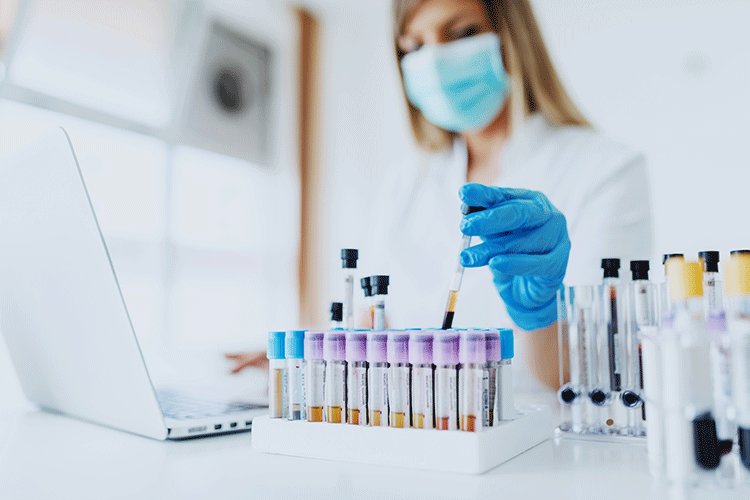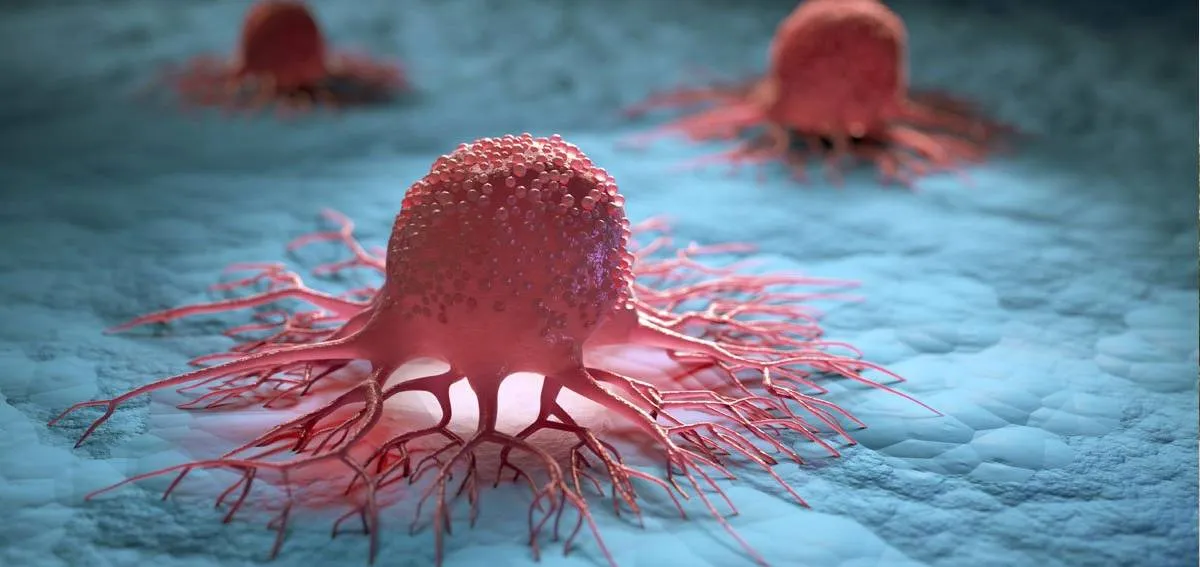Decoding the Link between Cancer and Genetics
Cancer is one of the life-threatening diseases worldwide. Increasing innovations in science and technology are constantly providing new solutions and answers to support the management and treatment of this illness. While there is no clear cause for this disease, several factors may play a role in its development, including genetics.
Cancer is a leading cause of death worldwide, accounting for nearly 10 million deaths in 2020, or nearly one in six deaths.1 As cancer symptoms can go undetected for years, timely detection and treatment through proactive genetic testing can be a massive boon. If you are someone with a family history of cancer or are at a higher risk of developing this disease, consult the best oncologist in Bangalore to learn more about genetic testing for cancer.
Genetics and Cancer
Cancer is typically defined as an abnormal growth of body cells. Genes in the DNA found in the cells determine how each cell grows and develops. Genetic changes, also known as mutations, can cause cells to either develop abnormally or not develop at all in certain areas of the body resulting in cancer.
There are also certain hereditary cancer syndromes in the genes that can increase one’s risk of developing cancer. For instance, individuals with BRCA1, BRCA2, TP53, and APC gene mutations may be at a higher risk of developing breast cancer & Colorectal cancer. Genetic testing can help identify these markers ahead of time and allow for early detection in case the disease does develop.
However, it is important to note that the mere presence of a genetic mutation does not necessarily mean the person will develop cancer. Likewise, the lack of such a mutation does not mean they never will have cancer. Genetic testing helps check a person’s susceptibility to this disease and create a protocol for timely detection and personalised treatment. To know if genetic testing is important for you, consult the best oncologist in Bangalore today.
Genetic Testing for Cancer
These genetic tests check to see if a person has inherited a genetic mutation that increases their risk of cancer. Several forms of cancer are detected late, for example, ovarian cancer symptoms can show up at a much later stage requiring a longer treatment wherein at an earlier stage, surgery may have sufficed.
Genetic testing can be done using blood, saliva, or skin cells through an inner cheek swab. It checks for certain mutations in the genes or proteins formed in the cells. Genetic testing is commonly advised to check the risk for certain forms of cancer such as breast cancer, ovarian cancer, colon cancer, pancreatic cancer, and more.
Who Should Opt for Genetic Testing?
Genetic testing is typically recommended for individuals with a family history of cancer, especially if multiple family members developed the same type of cancer. Additionally, this may also be advised for people ethnically predisposed towards a certain form of cancer.
Bear in mind that this test only gauges your risk for developing cancer and also the genetic mutations which may be passed on to your children. As it does not give a clear answer to whether someone will definitely develop or avoid cancer, taking the decision to get tested can be challenging.
A detailed study of your medical history, family history, and lifestyle will enable your healthcare provider to determine if this test is beneficial for you or not. Further, it is recommended to opt for counselling before and after screening to help you better deal with this process.
Conclusion
Genetic testing is a remarkable step towards understanding one’s susceptibility towards cancer based on inherited genetics. Timely detection through this testing can allow for preventive strategies or better disease management, all of which are crucial when it comes to cancer. This may include medicines, surgery, lifestyle changes, or other factors. However, the outcome of this test does not offer a clear guarantee either way making it a complex decision.
To know more about genetic testing for cancer and whether it is an important criterion for you, be sure to schedule a consult with the best oncologist in Bangalore at the earliest.
References
https://www.cancer.gov/about-cancer/causes-prevention/genetics#:~:text=Genetic%20changes%20that%20cause%20cancer,that%20occur%20as%20cells%20divide.&text=Yes%2C%20cancer%20is%20a%20genetic,way%20cells%20grow%20and%20multiply.
https://www.cancer.net/navigating-cancer-care/cancer-basics/genetics/genetic-testing-cancer-risk
https://www.cancer.net/navigating-cancer-care/cancer-basics/genetics/genes-and-cancer
https://www.cancer.org/cancer/risk-prevention/genetics/genetic-testing-for-cancer-risk/understanding-genetic-testing-for-cancer.html




